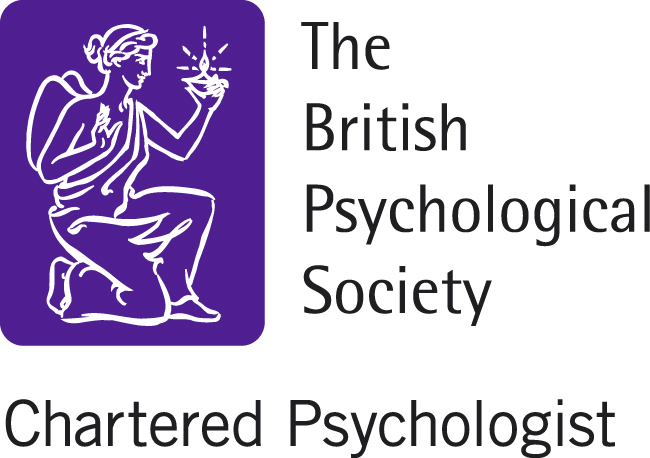Understanding Trauma
Trauma refers to an emotional or psychological response to an event or series of events that are deeply distressing or disturbing. These events often exceed an individual's ability to cope, resulting in feelings of helplessness, fear, and a diminished sense of safety.
Trauma-Informed Care
Effective treatment of trauma involves a trauma-informed approach, which recognises the widespread impact of trauma and seeks to create an environment of safety, trust, and empowerment for the individual seeking support.
You might have been involved in a Road Traffic Accident (RTA) or work-related accident or catastrophic event, experienced bullying at school or work, or experienced early adversity. Following on from these, you may experience some or all of the following symptoms in varying degrees of intensity and duration:
- Intrusive thoughts or memories of the accident, flashbacks, nightmares, and intense emotional distress when reminded of the event. You may also experience hypervigilance, avoidance of places or situations associated with the accident, and heightened arousal. This may in turn lead to social withdrawal and isolation.
- Heightened anxiety and panic attacks characterised by sudden and intense feelings of fear or apprehension, along with physical symptoms such as rapid heartbeat, sweating, trembling, and shortness of breath.
- Feelings of sadness, hopelessness, and despair.
- Feelings of responsibility, self-blame, and guilt, particularly when other people were hurt too. This can contribute to feelings of shame, worthlessness, and psychological distress.
- Heightened emotional reactivity, including irritability, anger outbursts, and mood swings. You may have difficulty regulating your emotions and may lash out at others or become easily frustrated over minor stressors.
- Cognitive difficulties such as memory problems, difficulty concentrating, and impaired decision-making abilities. These cognitive disturbances can interfere with work, school, and daily tasks, adding to feelings of frustration and distress.
- Disrupt sleep patterns, leading to difficulties falling asleep, staying asleep, or experiencing restful sleep. Poor sleep quality can exacerbate other psychological symptoms and impact overall functioning and well-being.
- Disrupt appetite.
- Disruptions in academic or work performance.
If you have experienced childhood adversity and/or abuse, you might also experience:
- Dissociative disorders as a coping mechanism to deal with the trauma of childhood abuse.
- Disruption in the development of secure attachment bonds, leading to difficulties in forming and maintaining healthy relationships in adulthood. You may struggle with trust, intimacy, and emotional closeness.
- Low self-esteem, negative self-perceptions, and a fragmented sense of self. You may harbour feelings of shame, self-blame, and unworthiness as a result of the abuse.
- Some individuals may turn to substance abuse or self-harming behaviours as maladaptive coping mechanisms to numb emotional pain or cope with distressing memories of childhood abuse. These behaviours can further exacerbate psychological symptoms and lead to additional challenges in functioning.
- Somatic symptoms such as chronic pain, gastrointestinal problems, or other physical health issues. These symptoms can be manifestations of unresolved trauma and may require a holistic approach to treatment that addresses both psychological and physical well-being.
Treatment Options
- Therapy: Various forms of therapy, such as cognitive-behavioural therapy (CBT), and eye movement desensitization and reprocessing (EMDR), a, can help individuals process and cope with traumatic experiences.
- Medication: In some cases, medications may be prescribed to alleviate symptoms associated with trauma, such as depression, anxiety, or insomnia.
- Support Groups: Participating in support groups with others who have experienced similar traumas can provide validation, understanding, and a sense of community.
- Self-Care: Engaging in self-care activities such as exercise, mindfulness, and relaxation techniques can help manage symptoms and promote overall well-being.
Conclusion
Trauma can have a profound impact on an individual's life, but with the right support and treatment, healing is possible. By understanding the nature of the traumatic event, identifying symptoms and reactions, and utilizing appropriate treatment options, individuals can work towards recovery and reclaiming their sense of safety and control.
Contact us to discuss your circumstances further.












